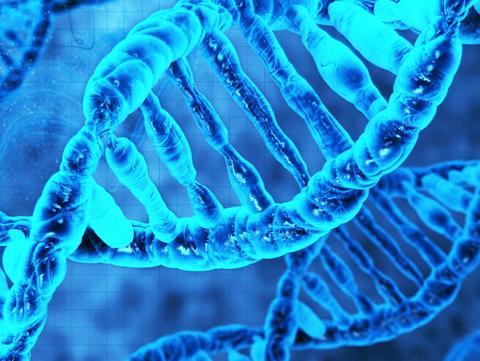
Master’s in Bio-Informatics and Modelling (BIMM)
- Course duration: Two years
- Language of instruction: English & French
- Course location: France, Belgium
Programme Overview
Thanks to the interdisciplinary collaborations between the faculty’s graduate departments of computer science and molecular and cell biology, the BIMM international programme calls for a whole new range of interactions between biology on the one hand, and computer science and mathematics on the other hand. The master’s aims for a better implementation of quantitative methods within the biological and medical sciences. It prepares graduate students for academic research in bioinformatics, computational biology; analysing complex data and developing better modelling tools.
Programme Outline
BIMM is a two-year master 's programme:
-
Year 1= M1
-
Year 2= M2
Students will be able to develop their knowledge of algorithms, artificial intelligence or imagery. In order to help them provide original methodological contributions in these areas, they will learn how to make use of their skills in algorithmics, combinatorics and statistics to study and solve biological questions. They will also manipulate and analyse large quantities of biological data. Through working to create a solution to answer a specific biological need (implementing a software for the analysis of genomic sequence data; for example), they will be able to master modelling tools and implement new methods to solve problems in life sciences.
The teaching staff will work toward promoting fruitful interactions between students from different backgrounds through designing working groups, interactive classes with presentation of articles by students and presentation of research by visiting scientists from different fields. They will also work to review and update course materials with the state of the art knowledge in these rapidly evolving fields.
During their second year of master’s (M2), students will be able to spend one semester at the Free University of Brussels (for lectures or for an internship).
Entry Requirements & Admissions
Applicants should:
-
possess an undergraduate degree in computer science or in mathematics (bachelor’s/licence, with a few grades in programming and in algorithmics),
-
have a good background in computer science and/or applied mathematics,
-
have an interest in biological sciences (an initial training in biology is not required since the programme offers various introductory courses on biology).
*Students who hold an undergraduate degree in physics, chemistry or other related fields can also apply. Applications will be assessed on a case-by-case basis.
In addition to students who have attended the programme’s M1, we accept students from other universities or engineering schools who have demonstrated during their studies an interest for life sciences, applied mathematics, and/or computer science.
Applications will be assessed on a case-by-case basis.
Benefits of attending the programme
- Professional opportunities
The programme prepares graduates to work in research and development teams (pharmaceutical or biotechnology), to create specialised software in the field of life sciences and/or to occupy positions such as consultants, experts in computer systems development for the life scieces, project managers, researchers, etc. - Research opportunities
Bioinformatics, genomics, modelling in systems biology.
PhD opportunities in the faculty’s research units or in other research centres: INRIA, Genoscope-CEA, INRA, etc.
Contact
Graduate Department of Computer Science
Graduate Department of Molecular and Cell Biology
Faculty of Science & Engineering, Sorbonne University
